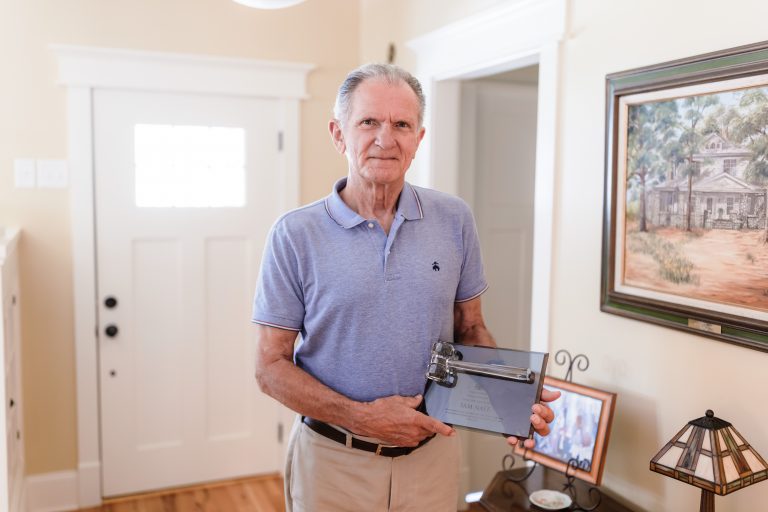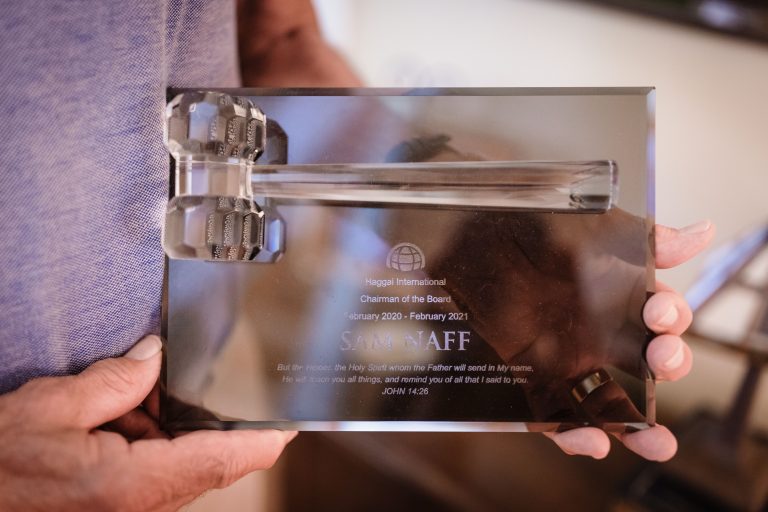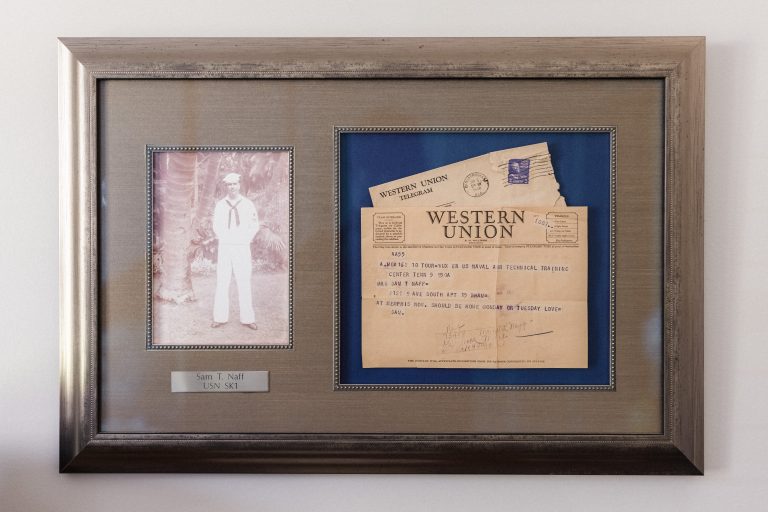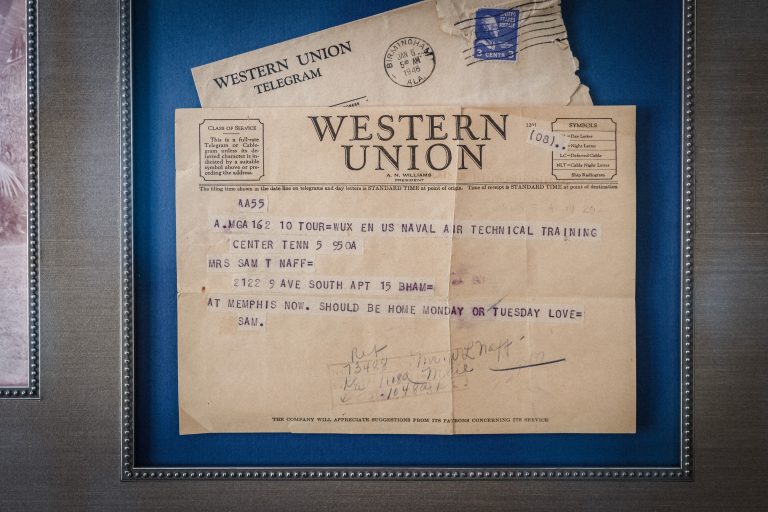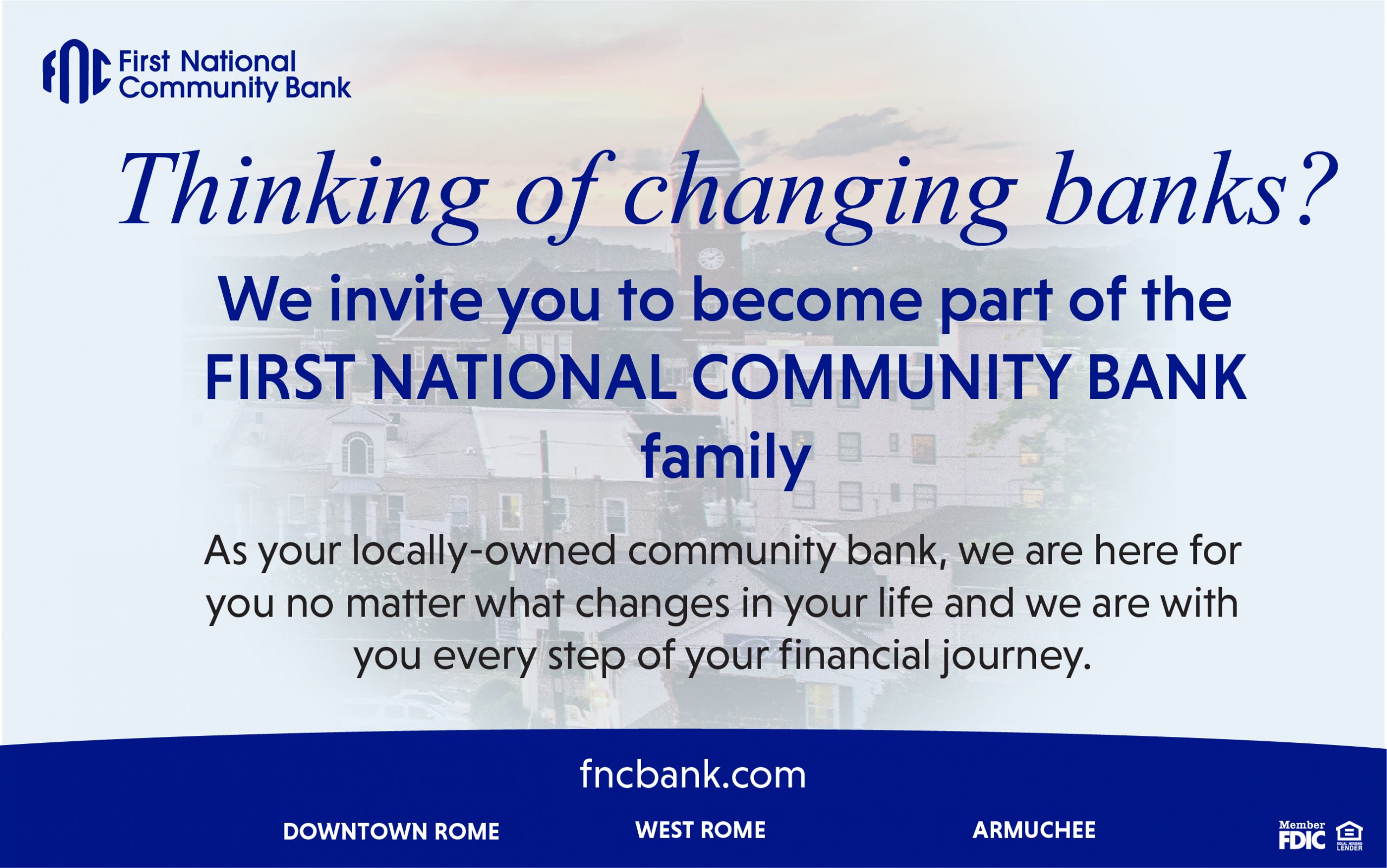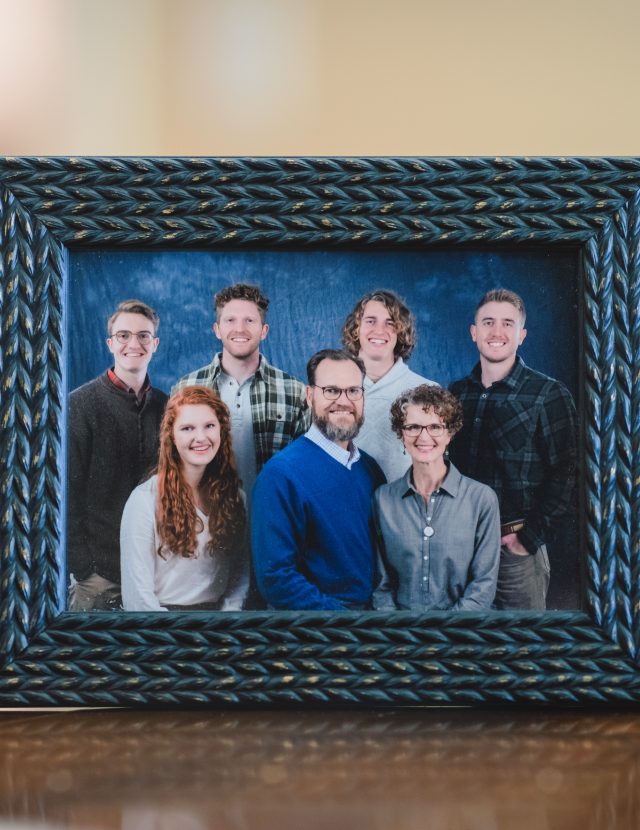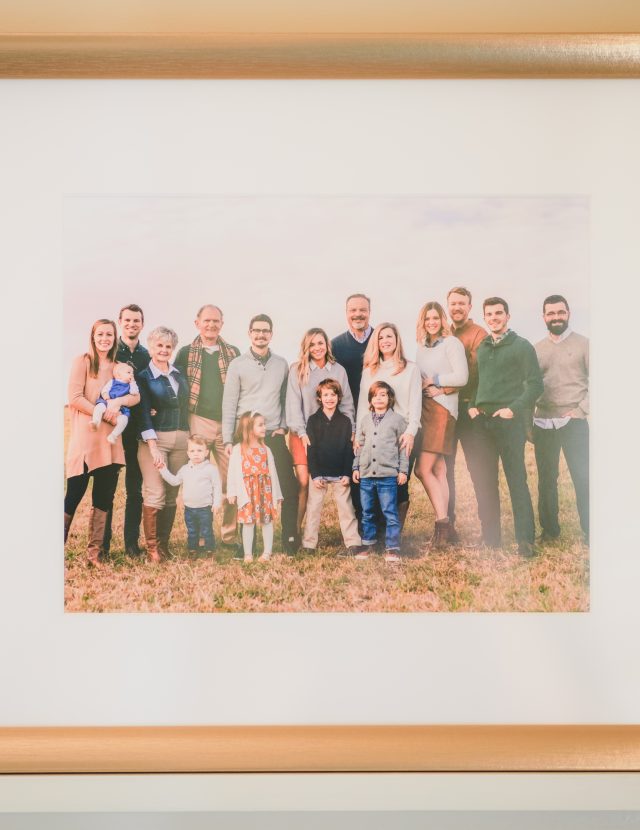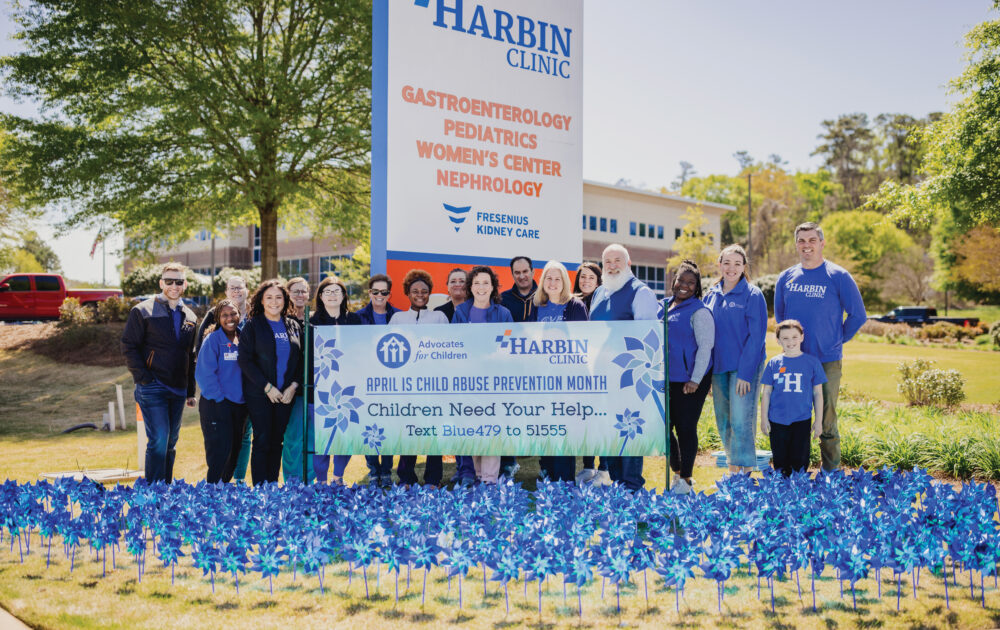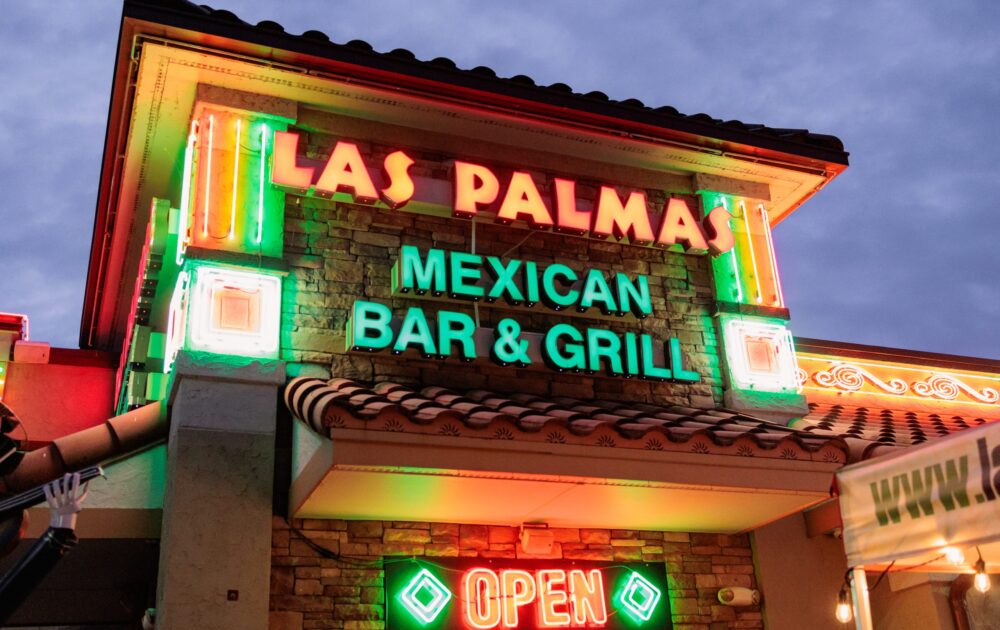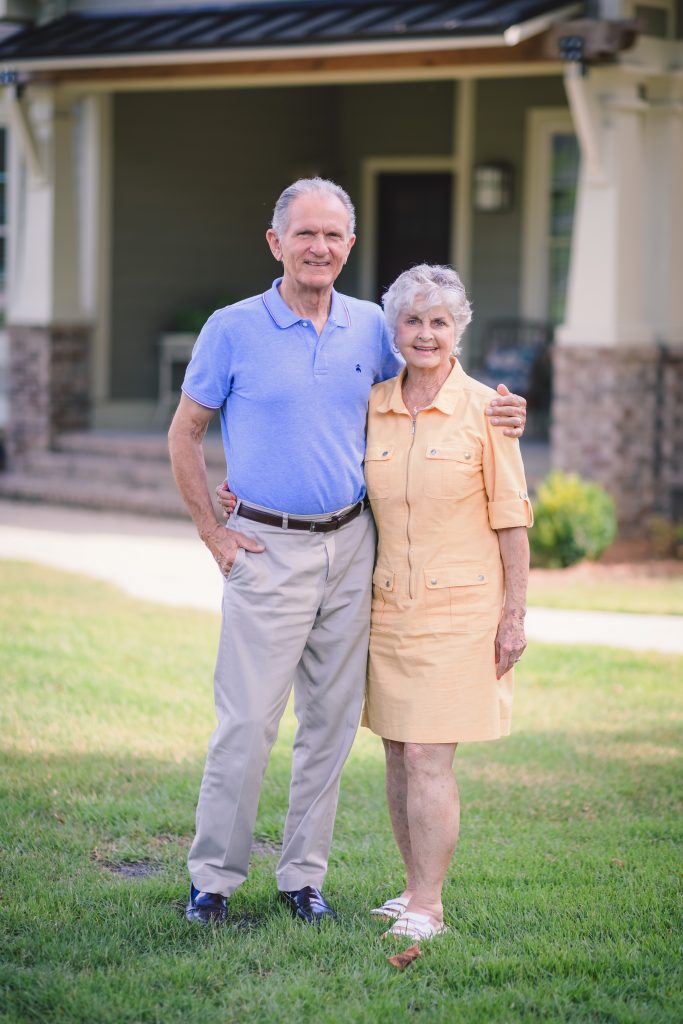
Photos Andy Calvert
When does a career become a calling? Perhaps that’s a question some people never apply to their own lives, while others wrestle with it throughout their working years. It’s a question that Rome, Georgia, resident Sam Naff found an answer to for himself. Naff has no regrets about leaving a lucrative job in the corporate world to pursue a higher calling. And believe it or not, this journey began with cheese.
From college to cows
As a college student, Sam Naff got a summer job at Kraft Foods. He soon became intrigued by the food processing industry, so he asked around the company about what it took to work full-time in the field. He was advised to major in dairy science in a school of agriculture, so he did. This was a big change for him, having no experience with livestock. Growing up in Jacksonville, Florida, he had little opportunity of coming across cattle. “Until that time, I had never seen a cow,” Naff says, “except seeing one from the car window while driving down the highway.”
After graduation, he worked at Kraft Foods’ corporate office. Over the next seventeen years, he worked his way up the company ladder until all the cheese plant managers across the United States reported to him. In many ways, Naff’s career trajectory was an exciting and rewarding one. On the other hand, it meant he had to visit all those factories at least twice per year, even more often when some major project was in the works. That meant time away from his wife and growing children.
During this time, Naff made academic strides as well. While working, he went on to earn his MBA. As he puts it: “In those days at Kraft, if you didn’t have an MBA, you really weren’t going anywhere. It was considered a prerequisite for further promotion.”
A change of mind and a new purpose
While clearly on a successful track at Kraft Foods, Naff started having nagging doubts about his career path. Some things he was hearing at church began to change his outlook; his worldview was shifting. “When you’re in a corporate job,” he says, “you want to get ahead. Everyone’s trying to see who has the most influence with the boss. I began thinking life had to mean more than that.” Something had to change.
The first order of business was to figure out what he wanted to do. Naff knew he did not want to become a pastor or a missionary in the traditional sense. He wanted to use his MBA to work on the business side of some Christian ministry. However, he also knew he needed to be careful about the decisions he made. After all, they would not only impact his own life, but also those of his family. He had to be certain he wasn’t misreading his feelings and motivations. “I was in my mid-forties then,” Naff says, “and I wanted to make sure this was a true calling rather than a mid-life crisis. Besides that, I had two kids in college.”
After job-hunting, and much soul-searching, Naff landed a position at Campus Crusade for Christ (today called Cru) in one of their ministries, Family Life, headquartered in Little Rock, Arkansas. When Naff explained his plans to his boss and workmates at Kraft, they thought he was crazy. They simply could not understand why he was taking what they considered a drastic career move. “If I had told them we were going to sell our house, buy a boat, and sail around the world,” Naff says, “it would have been a lot better received than what I was telling them.”
When Naff started at Campus Crusade for Christ, it was an adjustment in many ways. A sacrifice, too. For one thing, it meant a huge pay difference, about an 80% cut in income. On the upside, the family was debt free. The regional disparity in real estate prices helped as well; the sale of their home near Chicago provided enough equity for them to pay cash for a house in Little Rock. Also, Naff’s stock options at Kraft Foods were enough to pay for the kids’ college.
Pulling up roots…again
Naff loved serving as Family Life’s director of marketing, but it wasn’t long before he felt drawn in yet another direction. His father was a friend of one of the trustees on the board of directors at Haggai International, headquartered in Atlanta. Out of deference to his father, Naff met with the trustee. At this meeting, he learned they needed someone with business experience to take care of administrative types of things: personnel, finance, HR, etc. “My initial meeting with that trustee was brief, and I saw a short video, but I was impressed,” Naff says. “I knew then this was a big deal.”
Haggai International, founded by Dr. John Edmund Haggai, is an evangelistic organization that trains leaders from non-western countries to evangelize their own people. Naff says, “They reach out to university presidents, mayors, members of Parliament, doctors—you name it.” Haggai International’s website puts it this way: “At the core of our mission are strategically positioned leaders who are multiplying their influence with one purpose—to end Gospel poverty.”
Haggai International doesn’t use traditional missionary methods, such as transplanting Americans into other countries. Rather, the people they train already live in their own culture, they already know the language, and they don’t stand out as foreigners. “The world won’t be won to Christ by just one method,” Naff says. “There are lots of ways to evangelize.”
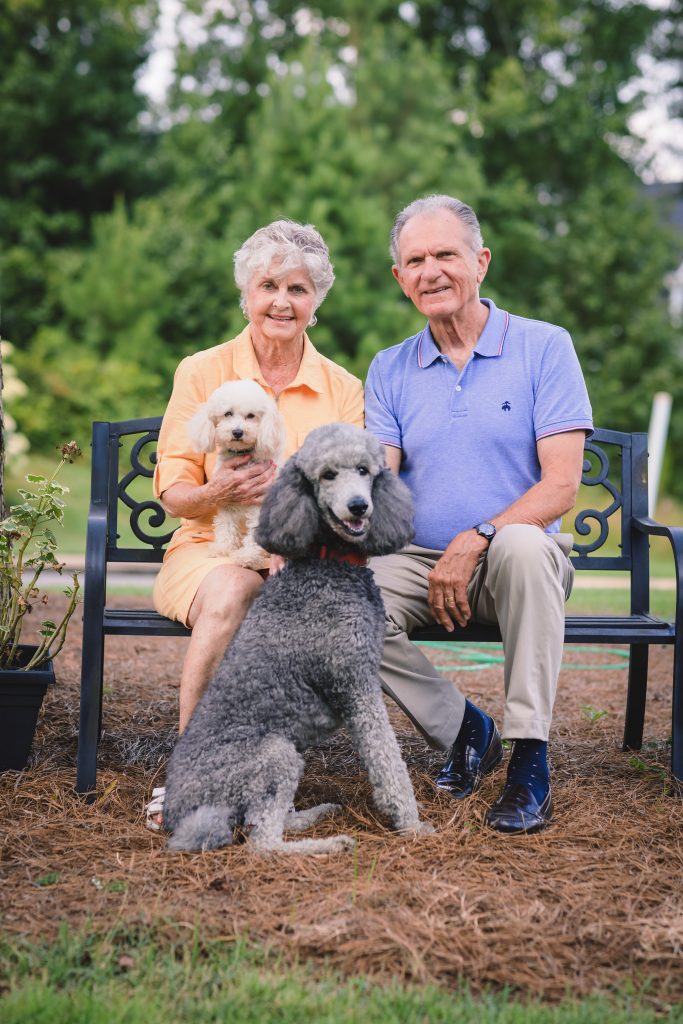
When Naff first came to Haggai International, all the training of national workers was done in Singapore, so the work would have an indigenous flavor to it, not a Western one. Naff explains, “The founder, Dr. Haggai, did not want people to go home with a ‘Made in America’ label sewn in their clothes. Now the training is done in Hawaii; even though that is America, it is still Polynesia.”
Before he met Dr. Haggai, Naff already had a positive connection of sorts to him. In 1963, Dr. Haggai was a guest speaker at First Baptist Church Atlanta, and during that service Naff’s future wife, Sarah, responded to the gospel and received Christ. Naff says, “So, when I met Dr. Haggai years later, I felt like I already owed him a debt of gratitude. I knew then that this was absolutely what I was supposed to do. It was my calling.” Joining the ministry team, Naff served as COO, working as one of three executives who reported directly to Dr. Haggai.
 Retirement in the fast lane.
Retirement in the fast lane.
Though he is now retired from Haggai International, Sam Naff still takes an active role in the work, serving on the ministry’s Board of Trustees. But his life is not all about work. One indulgence Naff allows himself is his love for cars. He freely admits this has long been a weakness for him, but he is quick to point out there are far worse vices some men have: “I don’t stay out drinking or run around on my wife. I just get tired of driving the same car all the time. That’s all.”
Only one month after Naff married his wife Sarah (now his bride of 57 years), he purchased a 1964 ½ Ford Mustang. Since then, his fascination with automobiles has continued, and he is grateful that Sarah has patiently turned the other cheek about the matter. One regret Naff does have is that when they built their current home, they only built a two-car garage. “Big mistake!” he says.
He has a special fondness for Jaguars. He’s owned eleven of them; “But,” he adds in his own defense, “not all at once.” These days, Naff drives the fifth Mustang he’s owned, a 2018 GT Ford Mustang convertible. “And why not?” he says, “It’s just too good to give up.”
From cheese to change
In Sam Naff’s years with Kraft Foods, his job was to make sure the company produced the best quality product at the best possible price. He enjoyed the challenge of finding savings in the production process. As he points out, a savings of only one cent per pound of cheese meant millions in recouped profits.
Eventually, however, that kind of work wasn’t enough. Naff says, “Years ago, I would hear people say they had a ‘calling from God’. That was always a mystery to me back then.” Later, he received helpful counsel on the subject from Dr. Vernon Broyles, chaplain of Big Canoe Chapel in Big Canoe, Georgia. Broyles explained, “You’ll know it’s a calling when you can’t think of anything else.” That made a lot of sense to Naff, who says, “I saw that the desire to make the change had to be all-consuming. And it was.”
When asked what, for him, was better about working in the ministry that in the corporate world, he says with a slight smile, “The product is better.” He goes on to say, “Don’t get me wrong, there’s nothing wrong with cheese—cheese has been very good to me—but cheese has never really changed anybody’s life.”



